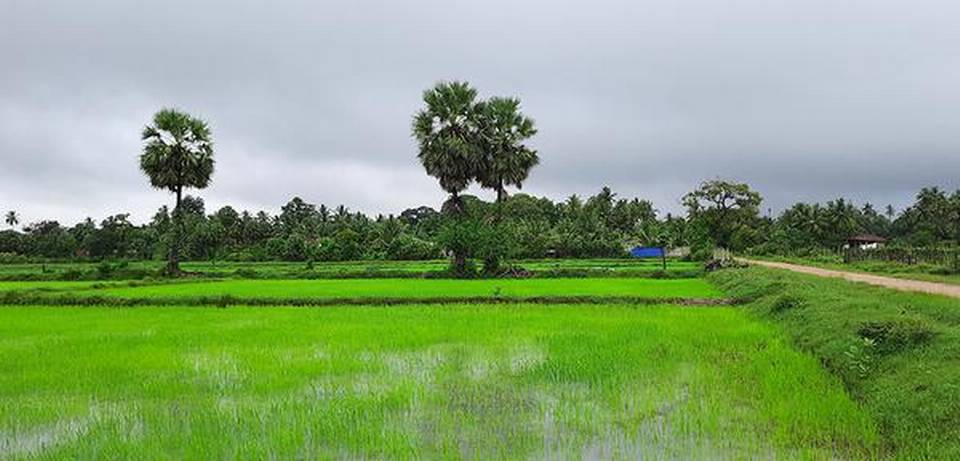
Sri Lanka's 40 billion LKR package to compensate farmers who have been impacted by the governments failed inorganic fertiliser ban, has been rejected by the All Ceylon Farmers Federation due to it being inadequate and discriminatory.
More than a million farmers had many crops fail following the governments attempt to establish the world's first 100-per cent organic farming nation, which led to the banning of imported chemical fertilisers. The promised compensation announced by Agriculture Minister Mahinda Aluthgamage which is equivalent to USD $200 million comes at a time whilst the island country is suffering under a severe economic crisis that has led to food shortages and rolling blackouts across the country. Though activists have criticised the plan as "inadequate" and "discriminatory" as the compensation was only promised to farmers who cultivated paddy, the majority who are from the rural south. Namal Karunaratne, convener of the All Ceylon Farmers Federation said "Compensation for crop losses should be paid to all farmers, whether it is paddy, vegetables or tea plantations. The government should pay more than 100,000 rupees per acre,”.
Farmers who cultivated paddy between September and March of last year would be eligible for the compensation. However, vegetable and tea plantation farmers, the majority of who are Tamil, were not included in the relief package. Representatives from each community have demanded that they be duly compensated. Many farmers gave up cultivation during the season while others incurred huge debts as the cops failed due to the shortage of fertilisers. Critics have the government have said that the ban on chemical fertiliser imports was initiated to address the foreign currency reserve crisis and not for the benefit of the farmers. Sri Lanka faces an increasingly dire economic situation with food shortages forcing shops to ration sugar, lentils and other essentials. The country is also short of fuel for the transport sector and power utilities leading to routine blackouts to ration electricity across the grid.
Food inflation in the country hit a record 21.5 per cent last month with many staple vegetables in short supply following the government's policy change. Despite the end of the chemical ban, importers say they are unable to replenish stocks because commercial banks lack foreign exchange to pay for new supplies. The announcement for the compensation package comes as the government fertiliser subsidies slumped by nearly Rs. 10 billion to Rs. 21.3 billion, compared to Rs. 30.1 billion in 2019. Critics of the government have also stated that the proposed purchase rate of Rs 75 for a kilogram of paddy is not enough.
Read more at Al Jazeera, Economynext, newsfirst and UCAnews.





